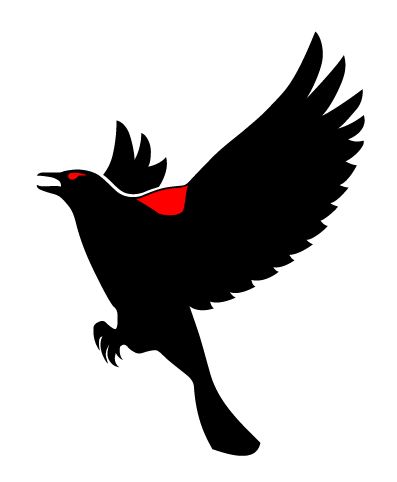 The cable industry has one of the best Catalyst Business Models out there. Is it finally drying up?
The cable industry has one of the best Catalyst Business Models out there. Is it finally drying up?
I’ve written about the book Catalyst Code before. It’s about how companies, like Visa, Amazon, Google and cable companies, have tapped into a catalyst model for their businesses and created thriving businesses.
The way it works is you create a platform or service that sites between two parts that want to do business with each other but may need a way or a more efficient way to do it. It’s like chemistry, water is the enables many chemical reactions to occur. So, the company becomes the catalyst for the two groups to do business.
The broadcast companies have been using this model for years and having great success. Essentially you have the people that want to watch TV on one side and the advertisers that want to reach the people that watch TV on the other. Both paying for their service.
Then came a long this thing called the interwebs and people were able to watch TV shows whenever and where ever they wanted. YouTube created big problems for the cable companies because anyone could upload recorded shows. The cable companies managed to fight off this advance, and sites like Hulu, Joost, and Veoh were created. Plus, more underground sites, such as Megavideo and Yidio sprung up.
The cable and TV Networks continued to work with Hulu because they were able to use advertisements when their shows were viewed on the Hulu platform. Slowly the networks such as NBC and the ComedyChannel started moving their videos back to their own sites where they controlled the whole experience and Hulu added a subscription service. (The service hasn’t taken off yet and they are supposedly lowering the price if they haven’t already.)
Now here’s the real kicker. I think the cable companies and networks really started getting worried when people (myself included) started dropping their cable subscriptions. Technology has made it so much easier to watch shows online that many people have decided that it was a waste of money to pay hundreds of dollars a year when they could watch it online more conveniently and for free!
So, what are the cable companies and networks doing? They are pulling back their shows and not showing them online.
“Broadcasters took a big step toward eliminating free TV shows on the Web after they blocked access to their programming online this month to enforce their demands to be paid.†*
This sound very similar don’t you think? First we had disruption in the music industry with Napster. The newspaper industry is on life support because you can find your news online for free. Murdoch blames Google for this one. Now the broadcast industry is taking their ball and going home.
In the end the networks and cable/broadcast companies are going to be in real trouble if they can’t figure out how to adapt to the internet world. People are tired of paying high prices for something that they can get for free elsewhere, and the more false barriers they put up to stop people from watching what they want will come back to haunt them. After all, you can find just about anything somewhere online if you know how to look.
* Quote from: Online TV spats mean fewer free shows on Web




